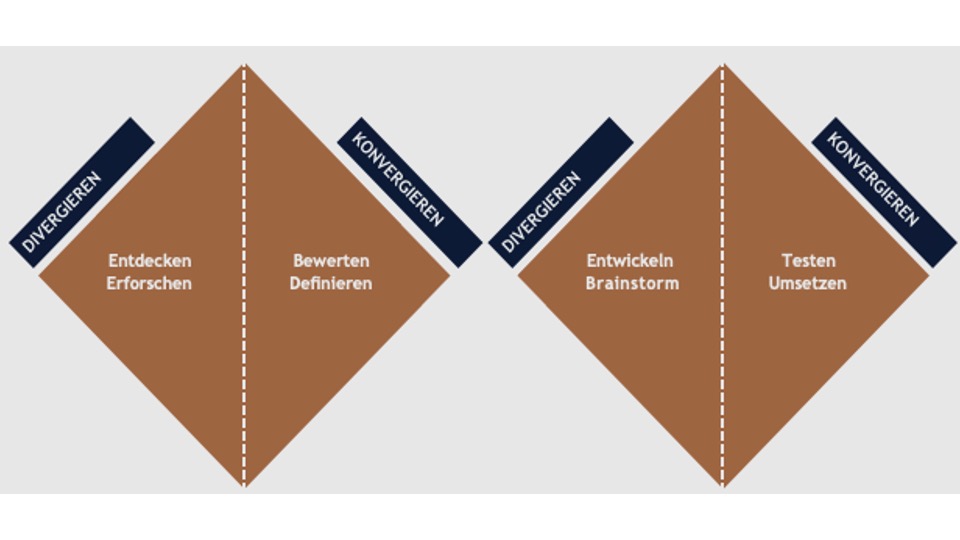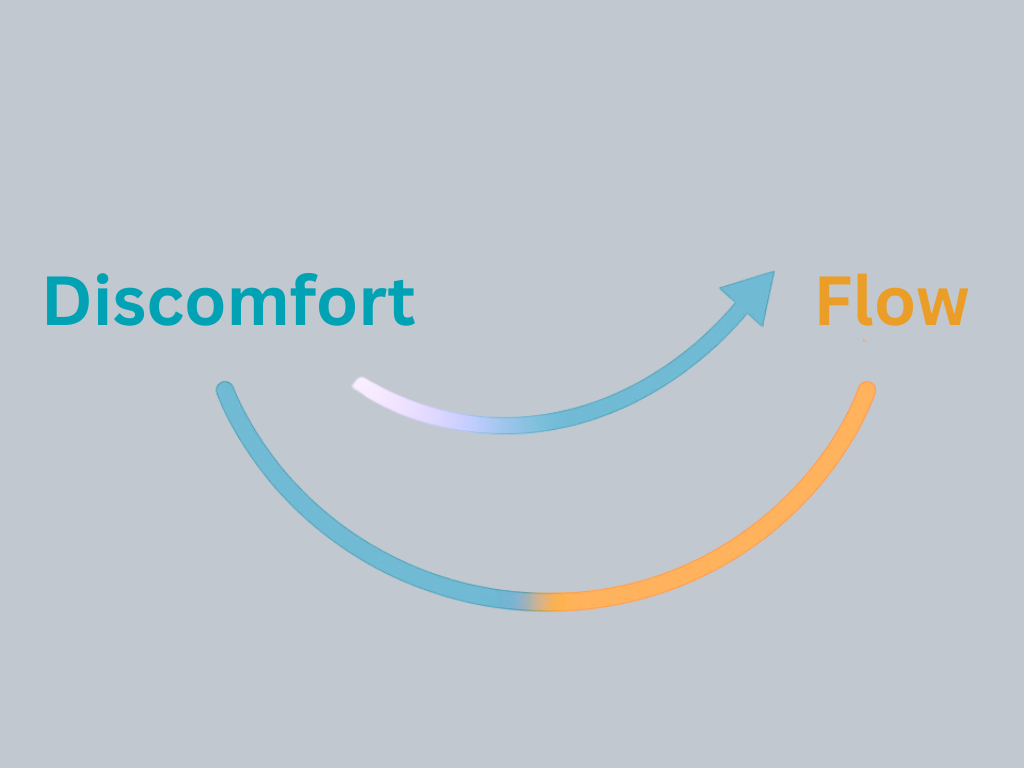In times of crisis, it is difficult for the mind to free itself from excessive thinking, fears and feelings of helplessness.
Worry narrows our field of vision and makes it difficult for us to see the big picture and the possibilities that lie ahead.
And yet, if we manage to strengthen our mental muscles throughout the day, we are better able to regain our balance and let go of worrying thoughts.
How can we free ourselves from negatively attached thoughts?
First of all, it is important to recognise that negative thoughts cling to us like barnacles. Positive thoughts, on the other hand, don’t stick to us at all.
Our mind always gives priority to negative thoughts!
Pay attention to the second arrow
The first arrow that hit us in the last few weeks is the coronavirus. Its impact is immense, for example on our healthcare system and the global economy. Many of us have been personally affected in some way. We had no influence over this painful arrow; it was unavoidable and is reality.
We shoot the second arrow ourselves. It is avoidable. Worry, fear and frustration intensify our pain.
‘What we focus our attention on becomes our reality.’ William James
Resilience begins in the mind – stay calm and stable in the eye of the storm
Mind training gives us the opportunity to constantly review and change our tendency towards negativity. Start with five minutes a day.
Yours
Peter Schmidt
Photo:
Unsplash Dawid Zawilla




